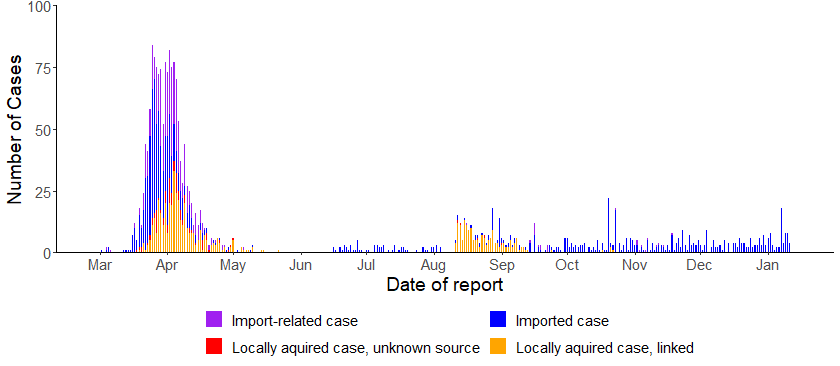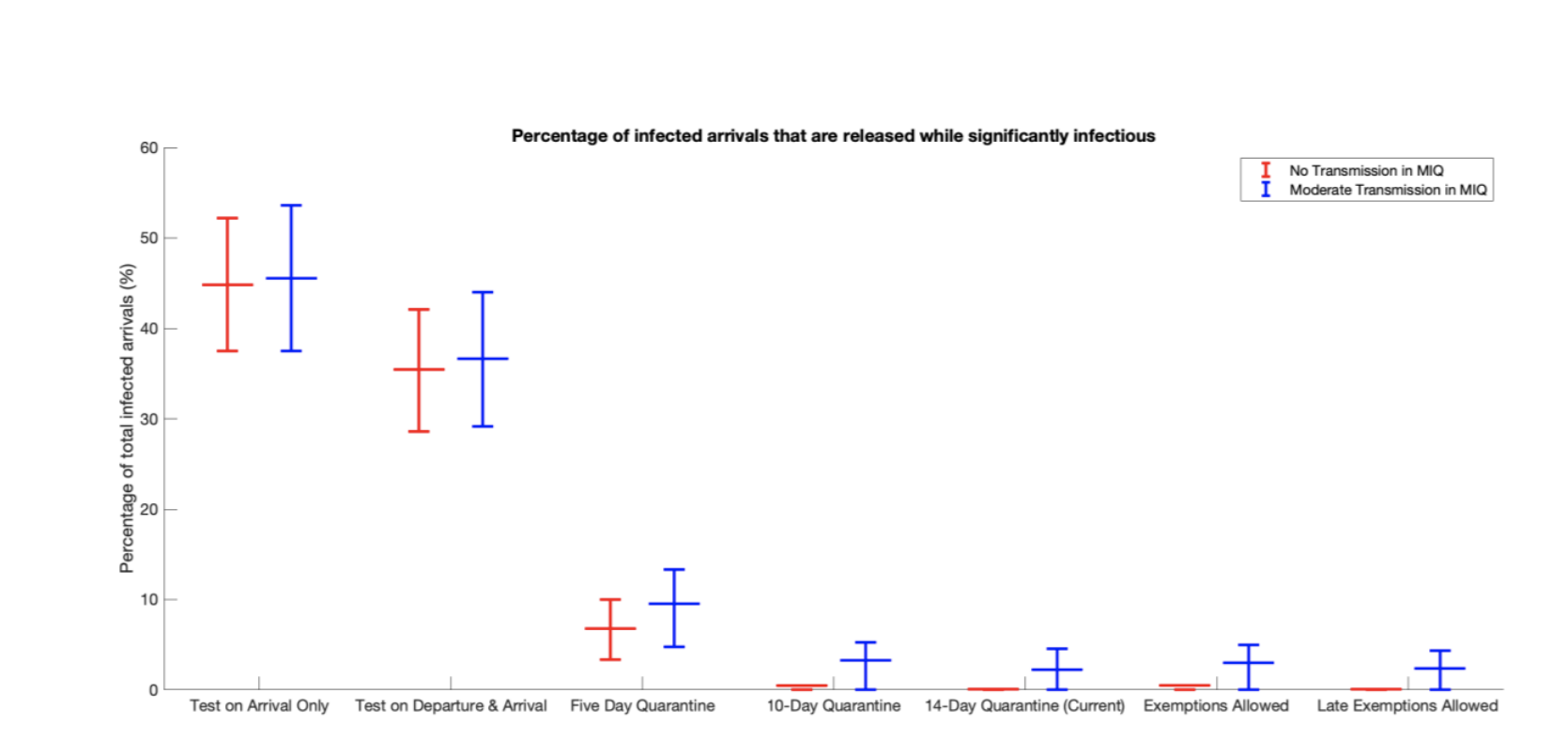A key question for people figuring out good longterm isolation practices is "how long do I have to be symptom-free before I'm 'certified safe'?"
This post on the typical-course-of-COVID-19 provides some studies that inform on the question, but doesn't directly answer it yet.
I recall hearing something like "most cases last less than two weeks", but I'm not sure if two weeks is actually a strong enough upper bound that I'd feel comfortable encouraging lots of people to act on it.
This contains two subquestions:
- If you get sick with COVID-19, during what period will you be contagious?
- If you are isolated, and don't appear to have symptoms, how long before you can be confident that you are not a carrier?
(I'm personally most interested in the answer to the second question right now, but both seem important)


These papers on viral load probably help inform the answer. It was flagged to me that Ct might not have straightforward interpretation, but I haven't looked into it. So posting these as resources.
https://www.thelancet.com/journals/laninf/article/PIIS1473-3099(20)30113-4/fulltext?fbclid=IwAR3crOZxhVP1eVPMcO_wujJBxHFAjp2fj4_jNj30ld_nVcKTqtcT1IjXozI
https://www.nejm.org/doi/full/10.1056/NEJMc2001737